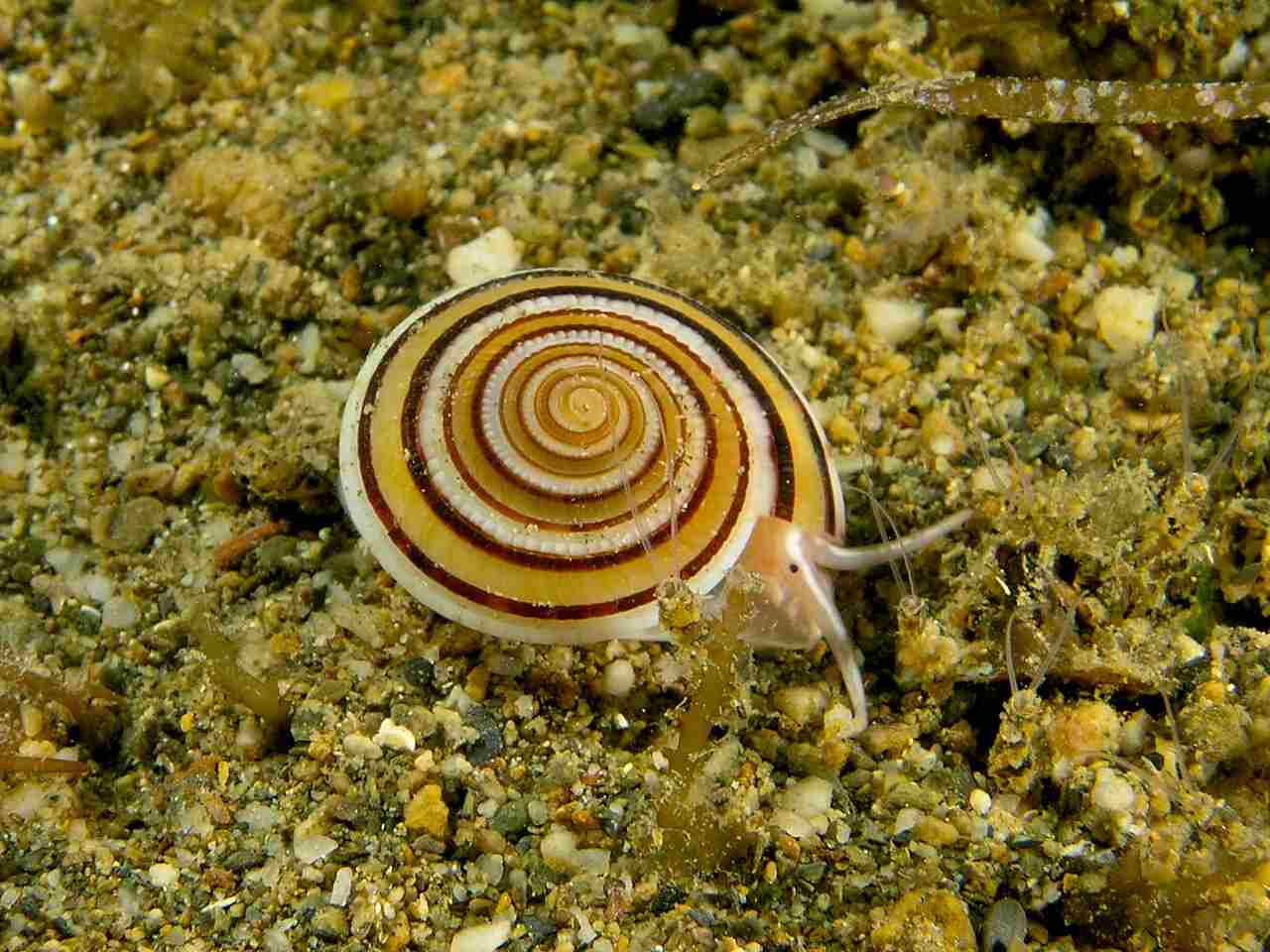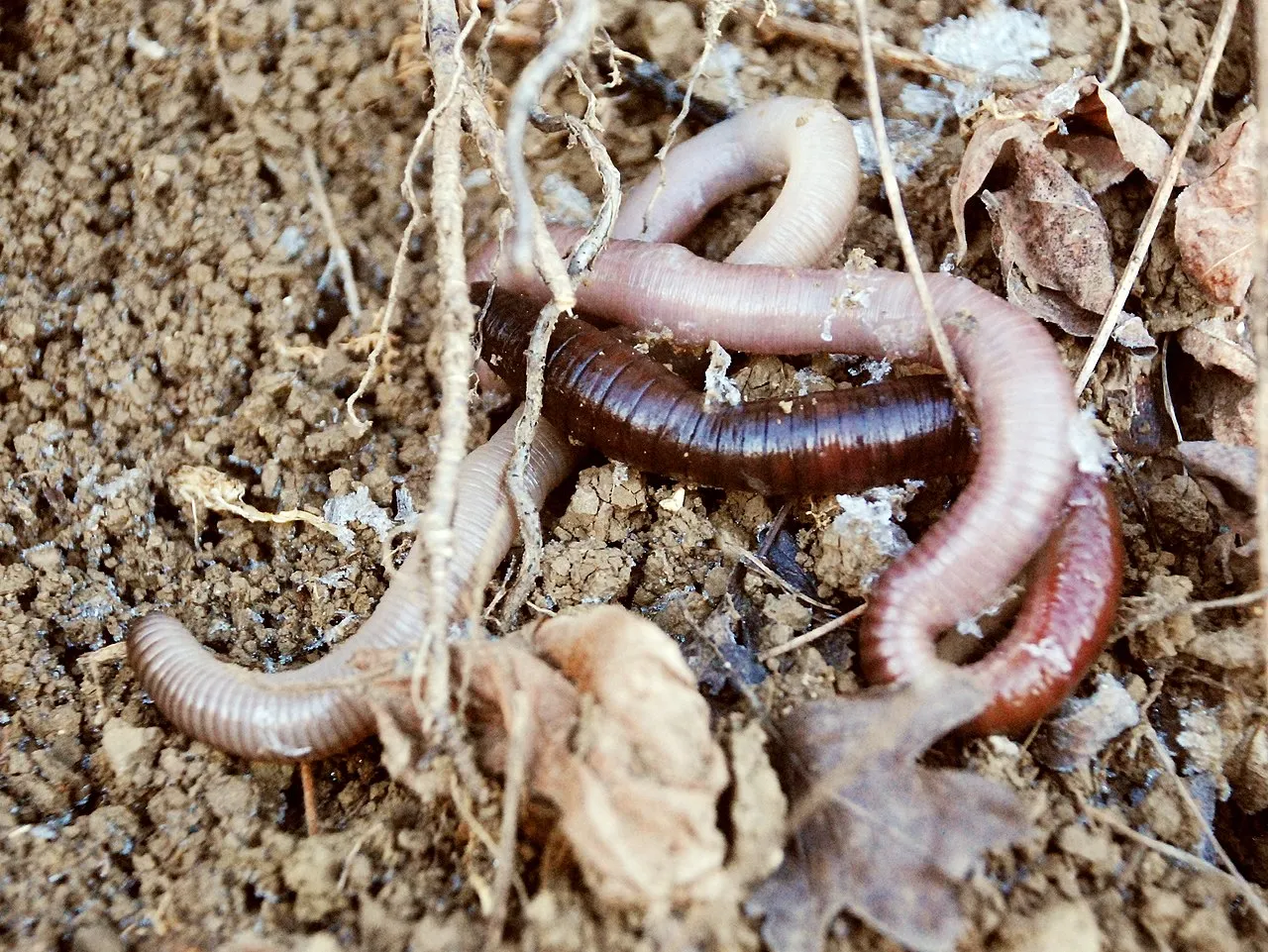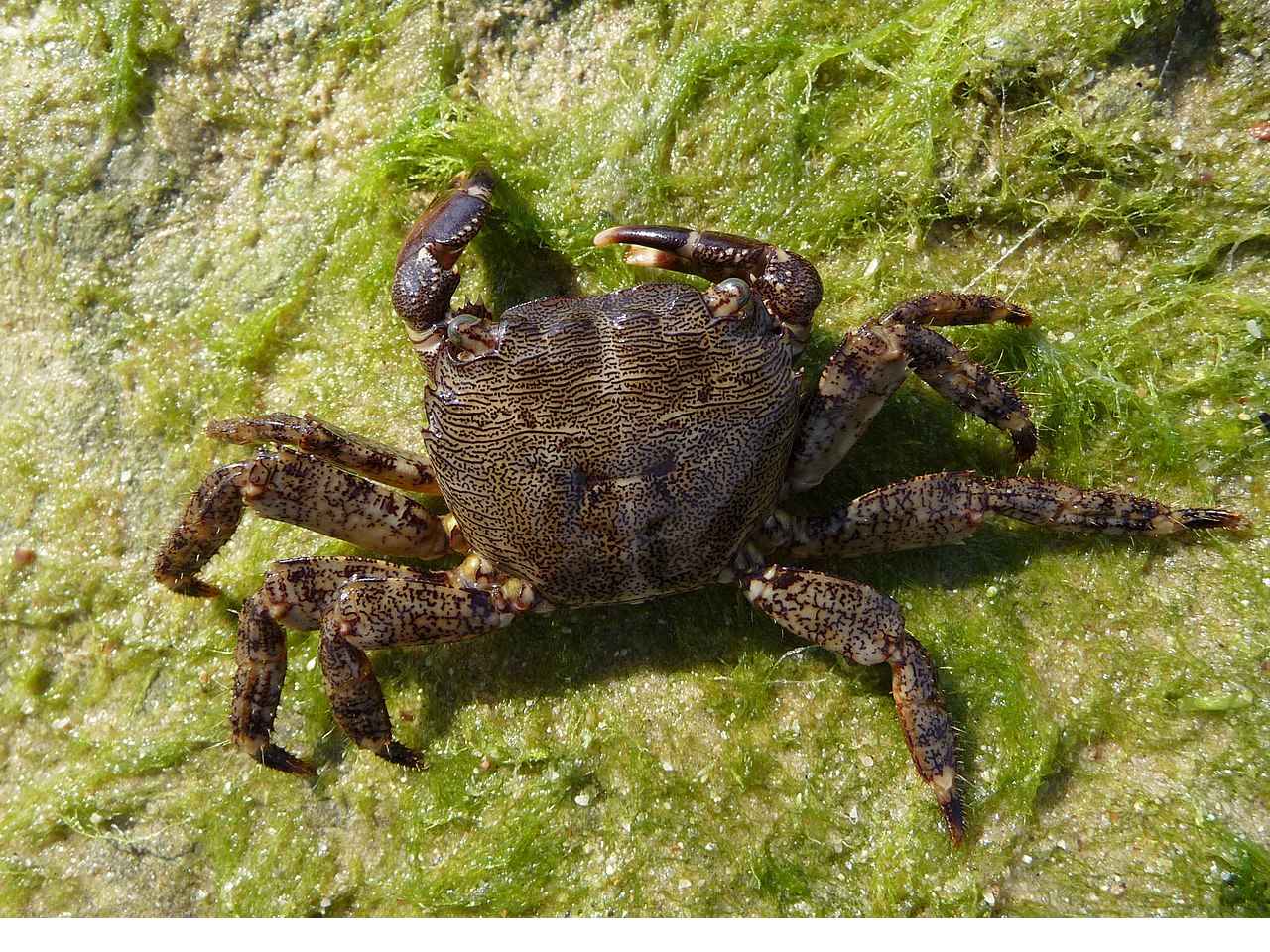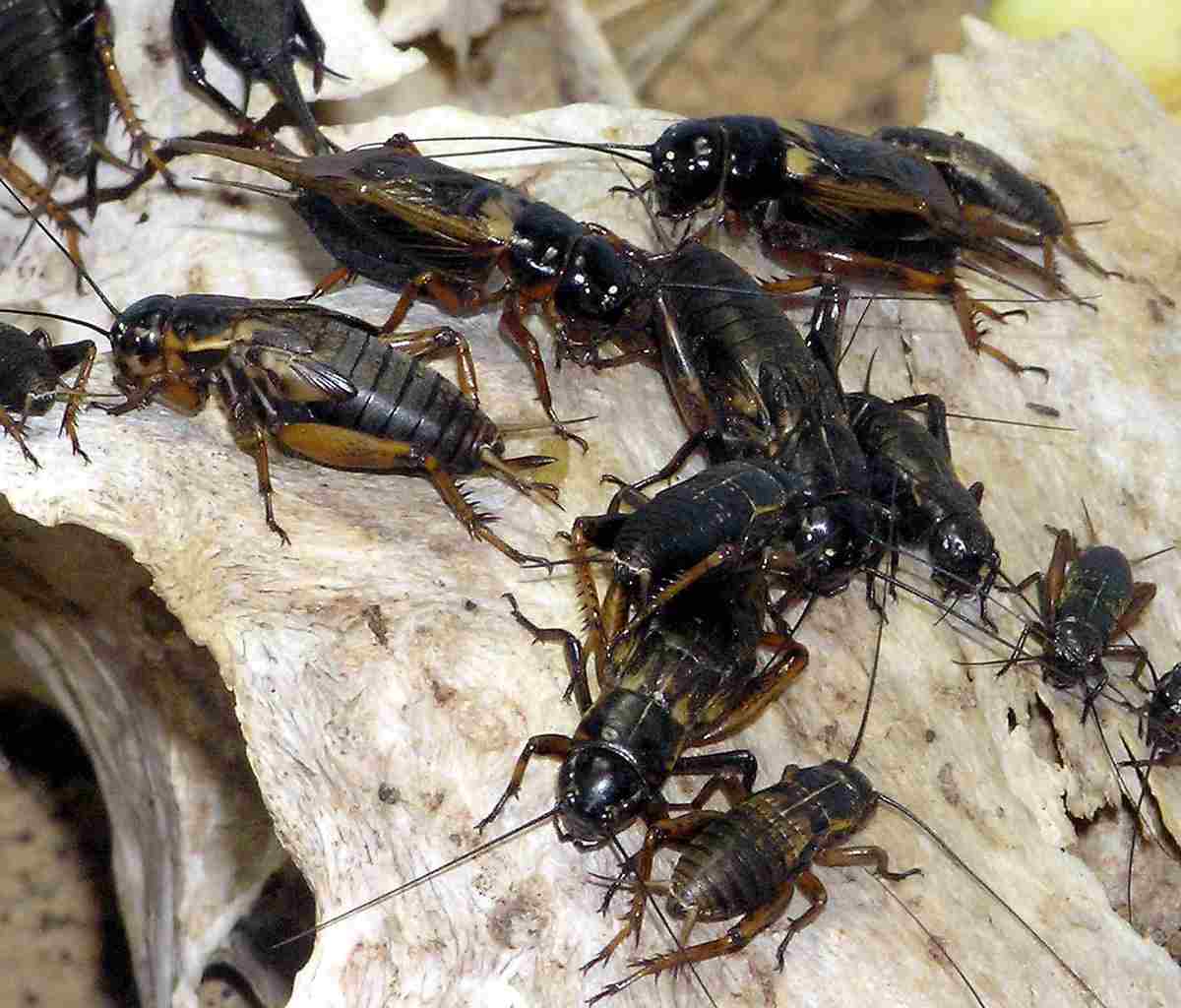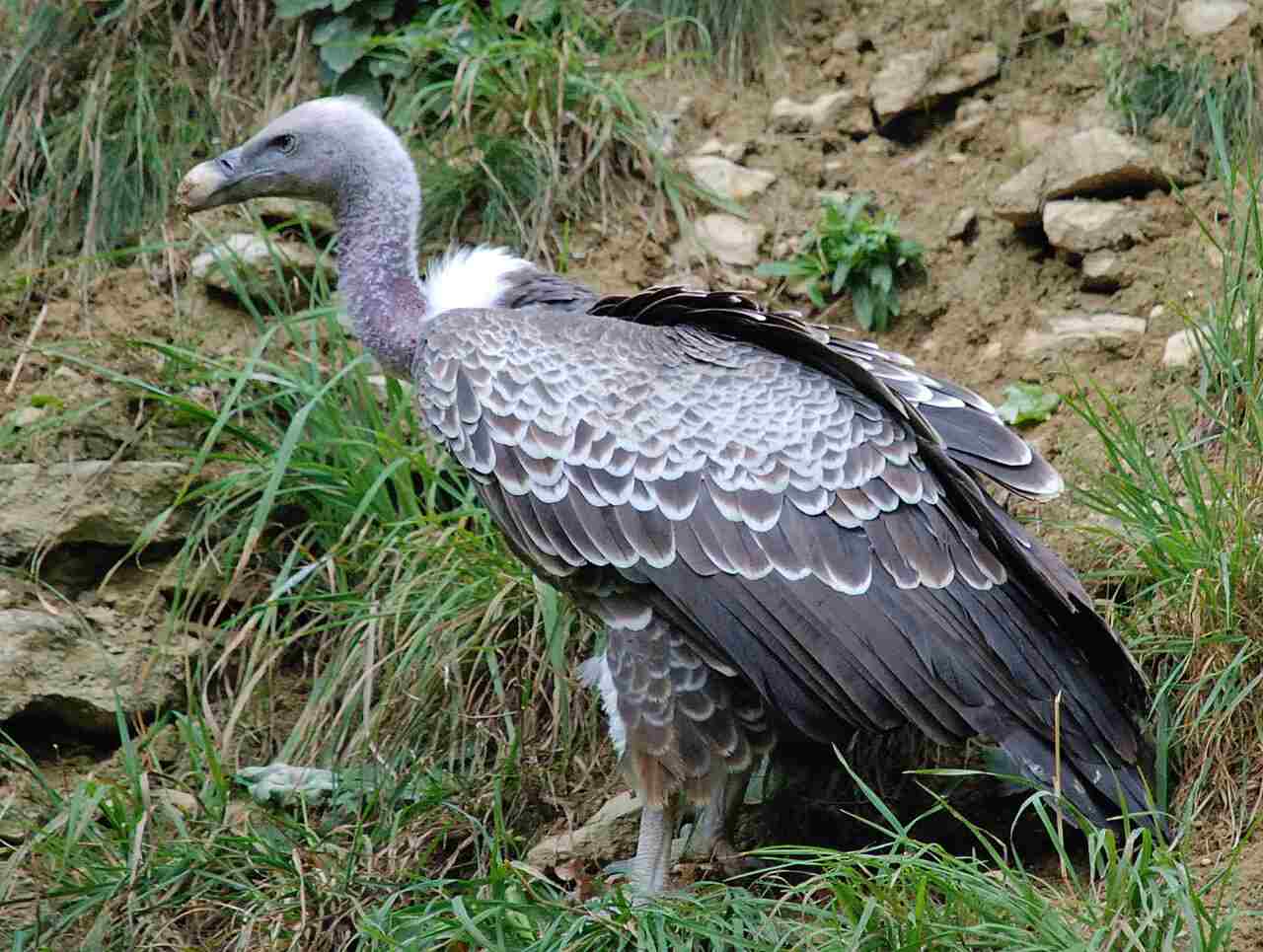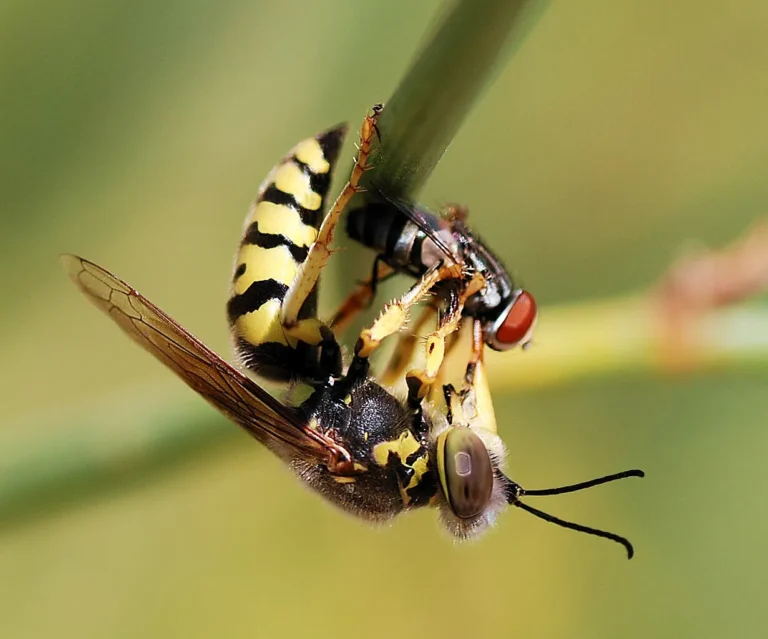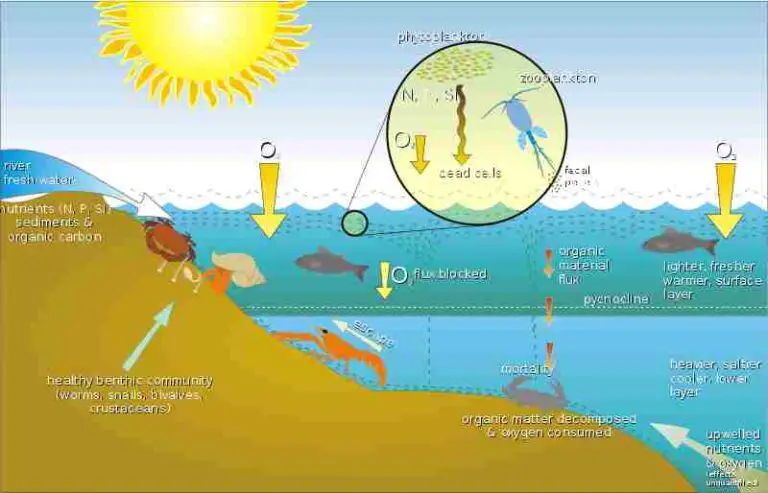Are Worms Decomposers? Analyzing Worms in the Food Chain
Worms are often classified as decomposers due to their role in breaking down organic matter in the soil. As detritivorous decomposers, they play a crucial role in the decomposition process by consuming dead organic material and converting it into nutrient-rich soil. This process aids in nutrient cycling and contributes to the overall health and fertility of ecosystems. While not all worms fit neatly into the category of decomposers, earthworms, in particular, are prominent examples of organisms that fulfill this important ecological role.
Reasons Why Worms May be Classified as Decomposers
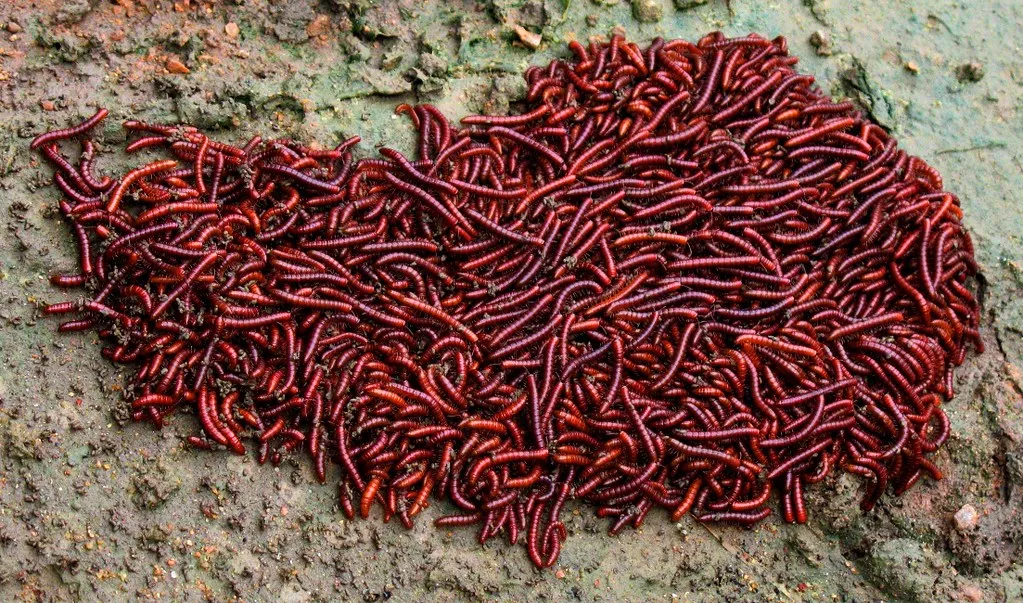
-
Role in Organic Matter Breakdown: Worms play a crucial role in breaking down dead organic matter, such as leaves, plant debris, and animal remains, through their feeding activities.
-
Nutrient Recycling: By consuming organic material, worms contribute to the recycling of nutrients back into the soil, making them available for uptake by plants and other organisms.
-
Soil Enrichment: The digestive processes of worms result in the production of nutrient-rich castings, which enrich the soil with essential elements, improving its fertility and overall health.
-
Facilitation of Decomposition: Worms accelerate the decomposition process by fragmenting and aerating organic material, creating conditions conducive to the activity of decomposer microorganisms.
-
Ecological Role: Worms occupy a critical position in the soil food web, serving as primary consumers of organic matter and facilitating the transfer of energy and nutrients to higher trophic levels.
Is a Worm a Producer?
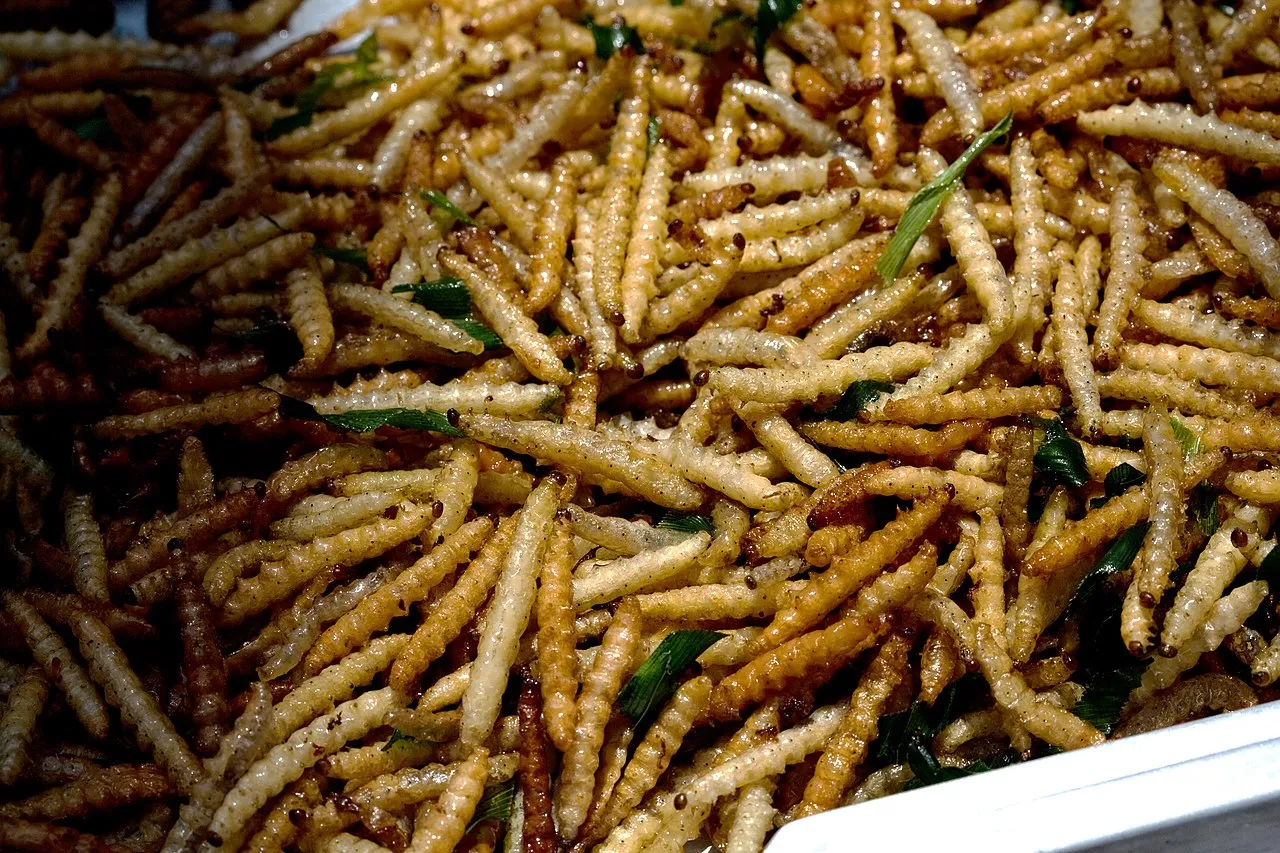
No, a worm is not a producer.
Reasons Why a Worm is Not a Producer
-
Lack of Photosynthesis: Producers, such as plants and algae, are capable of synthesizing organic compounds from inorganic substances like carbon dioxide and water through photosynthesis. Worms, however, do not possess chlorophyll or other structures necessary for photosynthesis.
-
Dependency on Organic Matter: Worms rely on consuming organic matter for their energy and nutrient needs rather than producing their own food. They are heterotrophic organisms that obtain energy by breaking down complex organic molecules derived from plants and other organic sources.
-
Role in Energy Flow: As consumers within the food web, worms occupy a trophic level distinct from producers. They derive their energy indirectly from producers by consuming plant material or by consuming other organisms that have consumed plants.
-
Functional Adaptations: The anatomical and physiological adaptations of worms, such as their digestive systems optimized for processing organic material, further highlight their role as consumers rather than producers in ecosystems.
Is a Worm a Consumer?
Yes, a worm can be classified as a consumer.
Reasons Why a Worm May be Classified as a Consumer
-
Heterotrophic Feeding: Worms obtain their energy and nutrients by consuming organic matter derived from plants, animals, or other organic sources.
-
Position in the Food Web: As consumers, worms occupy a trophic level above producers but below primary consumers. They play a vital role in energy transfer within ecosystems by consuming organic material and serving as a food source for higher trophic levels.
-
Dependency on Pre-existing Organic Material: Unlike producers, which synthesize organic compounds from inorganic substances, worms rely on already existing organic matter for sustenance. They break down this organic material through digestion to extract nutrients and energy for growth and metabolism.
-
Contribution to Nutrient Cycling: Through their feeding activities, worms facilitate the decomposition of organic matter, releasing nutrients back into the soil. This nutrient recycling process supports the growth of plants and other organisms, highlighting their consumer role in ecosystem functioning.
Is a Worm a Producer or Consumer?
A worm is primarily classified as a consumer in ecosystems.
Are Worms Decomposers or Consumers?
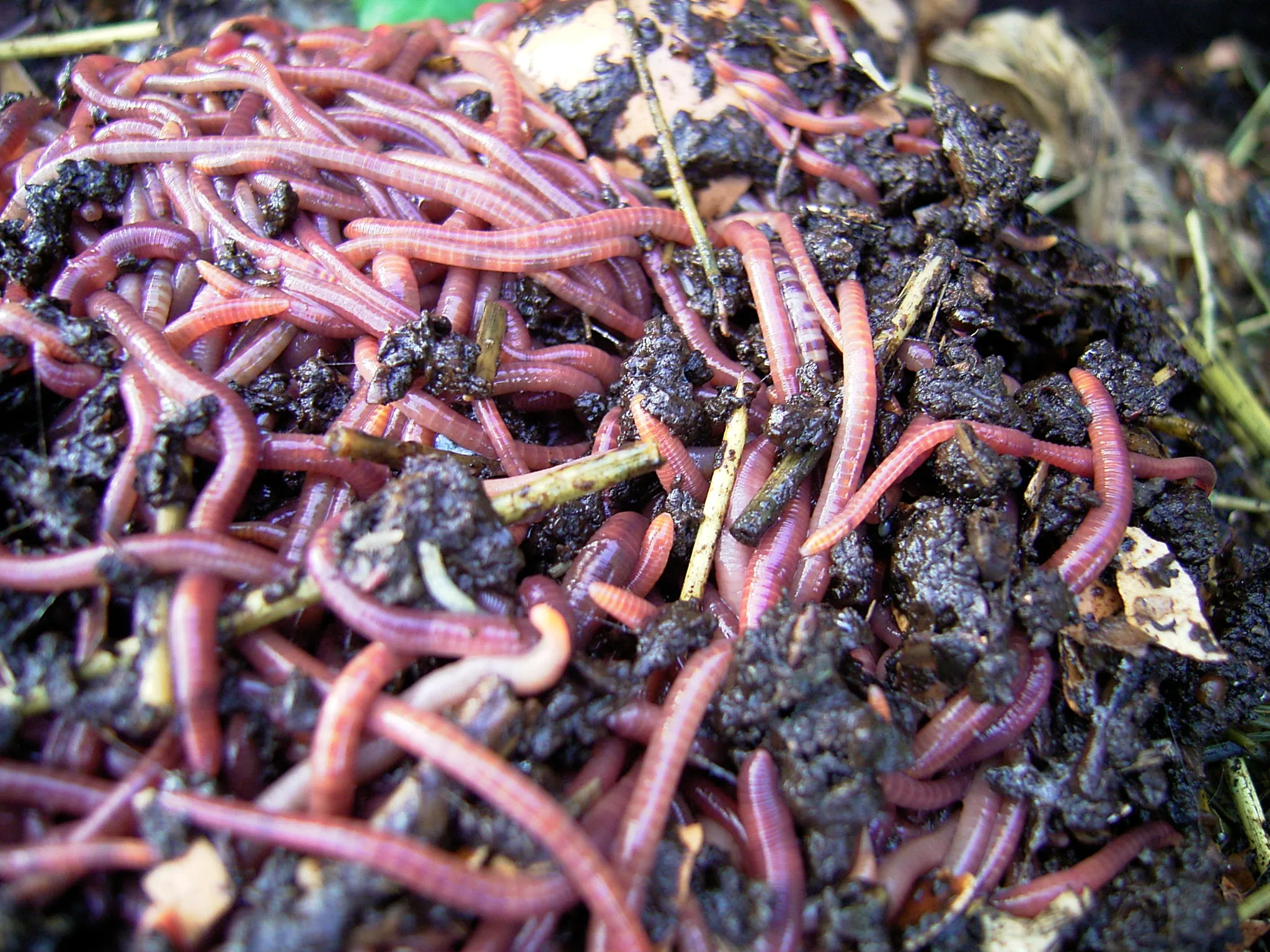
Worms are primarily classified as decomposers due to their crucial role in breaking down organic matter and contributing to nutrient cycling in ecosystems. However, they can also be considered consumers since they obtain their energy and nutrients by consuming organic material. The classification may vary depending on the specific context and the type of worm being considered.
Are Marine Worms Decomposers?

Some marine worms, particularly those that feed on dead organic matter and participate in the decomposition process, can be classified as decomposers. However, not all marine worms fit this classification, as some species may have different feeding habits or ecological roles within marine ecosystems.
Other Marine Decomposers
In addition to marine worms, various other organisms fulfill roles as decomposers in marine ecosystems. These may include bacteria, fungi, crustaceans, and other invertebrates that contribute to the breakdown of organic matter and nutrient recycling in marine environments.
Are Worms Scavengers?
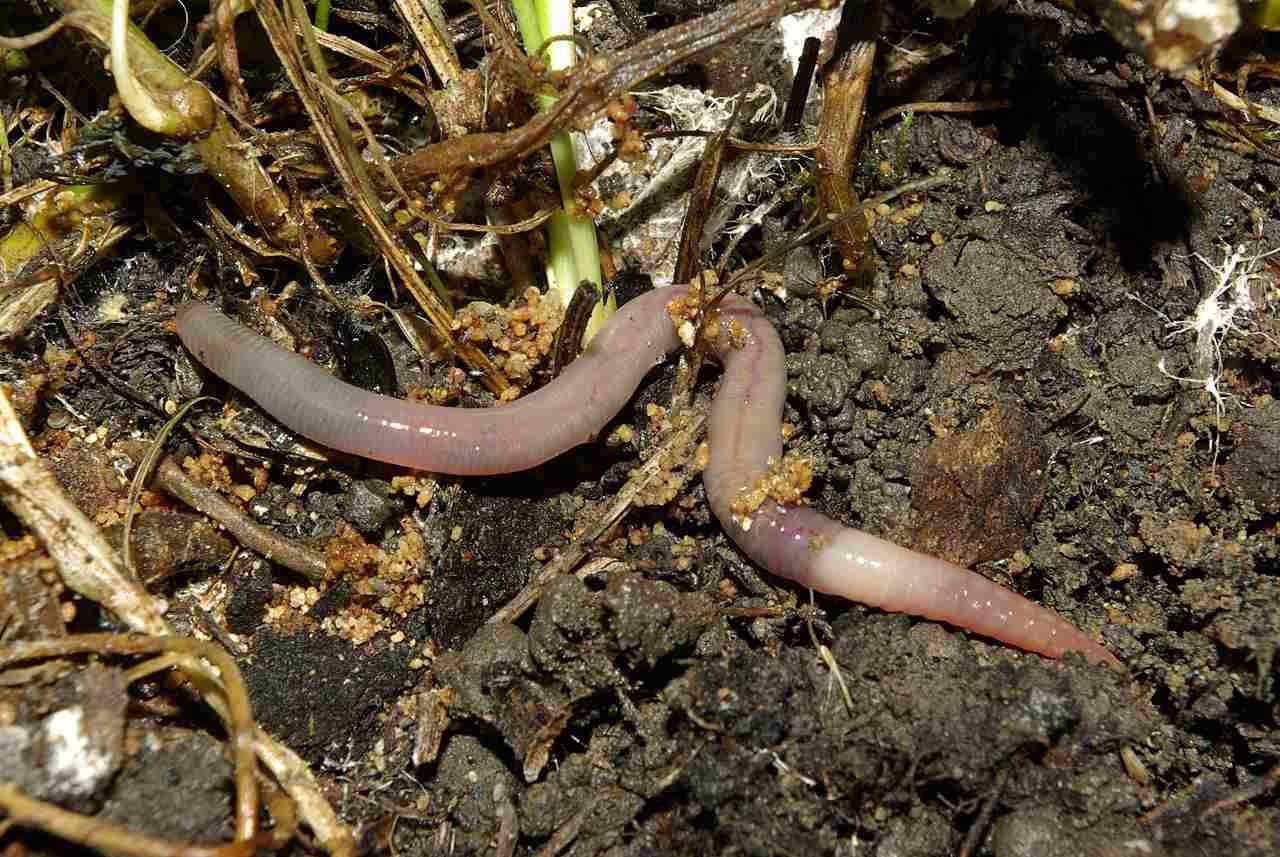
Worms are not typically classified as scavengers, as they primarily feed on dead organic matter and participate in the decomposition process rather than actively seeking out and consuming carcasses or decaying material. However, in certain cases, worms may consume partially decomposed organic material, which could be considered a scavenging behavior.
Reasons Why Worms May be Called Scavengers in Some Cases
-
Opportunistic Feeding: While worms primarily feed on dead organic matter as decomposers, they may also consume partially decomposed material or carrion when available.
-
Adaptability: Worms exhibit a degree of dietary flexibility and may consume a variety of organic material depending on their environment and food availability.
-
Role in Nutrient Recycling: By consuming organic material in various stages of decomposition, worms contribute to nutrient recycling and the breakdown of organic matter in ecosystems.
-
Ecological Context: In certain ecosystems or under specific conditions where carrion or decaying material is abundant and accessible, worms may play a scavenging role in the decomposition process.
Are Worms Detritivores?
Yes, worms can be classified as detritivores.
Are Worms Decomposers or Detritivores?
Worms can be classified as both decomposers and detritivores, depending on their specific feeding habits and ecological roles within ecosystems. As decomposers, they contribute to the breakdown of organic matter and nutrient recycling. As detritivores, they directly consume dead organic material, contributing to the decomposition process and nutrient cycling in ecosystems.
Reasons Why Some Worms are Detritivores
-
Feeding Behavior: Detritivorous worms primarily consume dead organic material, such as leaf litter, decaying plant matter, and organic debris, as their main food source.
-
Role in Decomposition: By directly feeding on detritus, these worms contribute to the breakdown of organic matter, accelerating the decomposition process and releasing nutrients back into the soil.
-
Adaptations for Detritivory: Some worm species have specialized mouthparts and digestive systems adapted for efficiently processing and digesting decaying organic material.
-
Ecological Niche: Detritivorous worms occupy an important ecological niche in ecosystems by recycling nutrients from dead organic matter and contributing to soil fertility and ecosystem functioning.
Are Worms Decomposers In Soil?
Yes, worms are decomposers in soil ecosystems.
How Worms Contribute to Soil Fertility
-
Organic Matter Decomposition: Worms break down organic matter present in the soil, such as dead plant material and animal remains, through their feeding activities. This decomposition process releases nutrients, such as nitrogen, phosphorus, and potassium, which are essential for plant growth and soil fertility.
-
Nutrient Cycling: By consuming organic material and excreting nutrient-rich castings, worms play a vital role in nutrient cycling within soil ecosystems. These castings contain concentrated nutrients in forms that are readily available for uptake by plants and other organisms.
-
Soil Aeration and Structure: Worms burrow through the soil, creating tunnels and channels that improve soil structure and porosity. This enhances soil aeration, water infiltration, and drainage, creating favorable conditions for root growth and nutrient uptake by plants.
-
Microbial Activity: Worms facilitate microbial activity in the soil through their burrowing and feeding activities. Microorganisms involved in decomposition and nutrient cycling, such as bacteria and fungi, thrive in the presence of organic matter and worm castings, further contributing to soil fertility.
-
Aggregation: Worms produce mucus as they move through the soil, which binds soil particles together, forming aggregates. These aggregates improve soil stability, water retention, and nutrient retention, creating a more favorable environment for plant growth and root development.
Therefore, the presence of worms in soil ecosystems enhances soil fertility by promoting organic matter decomposition, nutrient cycling, soil structure improvement, and microbial activity.
Are Worms And Snails Decomposers?
While worms play a significant role as decomposers in soil ecosystems, snails are not typically classified as primary decomposers. Instead, snails are often considered detritivores or herbivores, feeding on a variety of organic matter, including dead plant material, algae, and decaying vegetation. While they may contribute indirectly to decomposition through their feeding activities, their primary ecological role differs from that of decomposers like worms.
Food Chain Position of Worms
-
Primary Consumers: Worms occupy a position as primary consumers in the food chain, feeding directly on organic matter such as dead plant material and decaying organic debris.
-
Energy Transfer: By consuming organic material, worms assimilate energy and nutrients from lower trophic levels, transferring this energy to higher trophic levels when they are consumed by predators.
-
Contribution to Trophic Structure: Worms serve as an important link between producers and higher-level consumers in food webs, facilitating the transfer of energy and nutrients through ecosystems.
-
Role in Energy Flow: As primary consumers, worms play a crucial role in the flow of energy through ecosystems, ultimately supporting the maintenance of biodiversity and ecosystem stability.
*Summary
| Aspect | Description |
| Trophic Position |
Primary consumers in the food chain, feeding directly on organic matter.
|
| Energy Assimilation |
Assimilate energy and nutrients from lower trophic levels.
|
| Ecological Role |
Vital link between producers and higher-level consumers, facilitating energy and nutrient transfer.
|
| Contribution to Ecosystem |
Support biodiversity and ecosystem stability through their role in energy flow.
|
